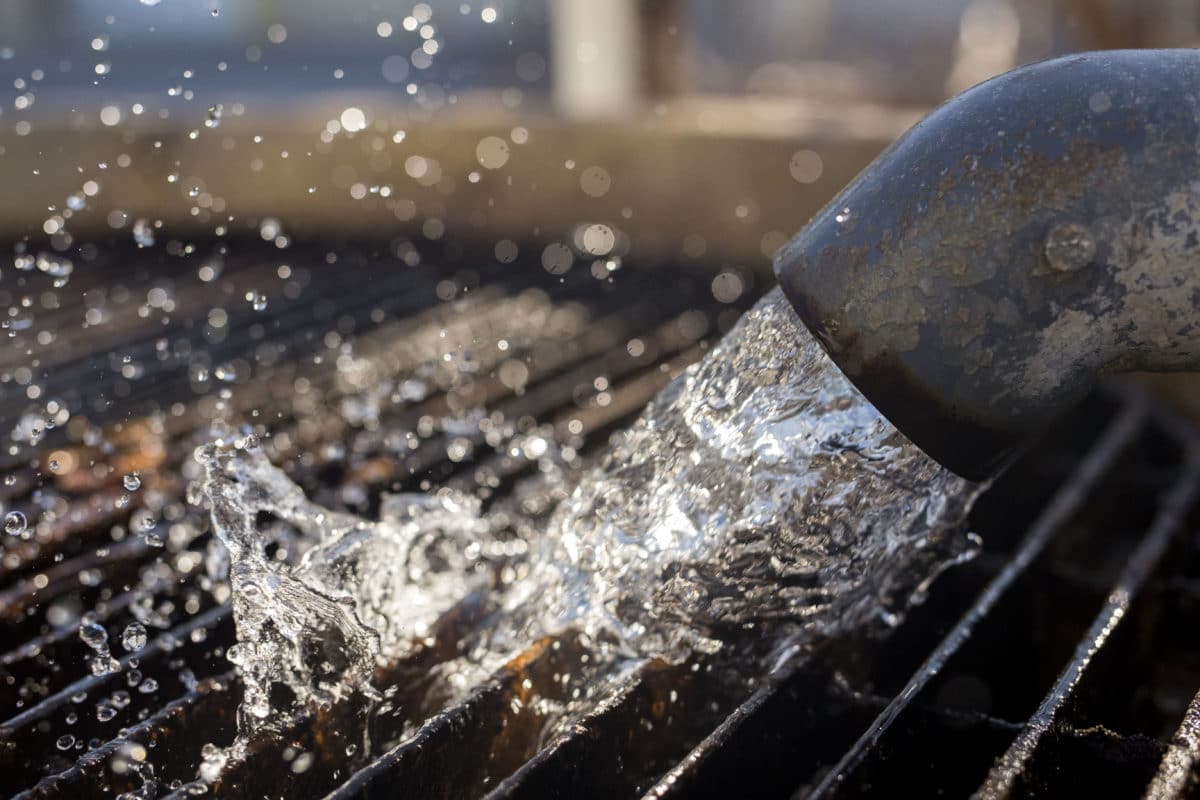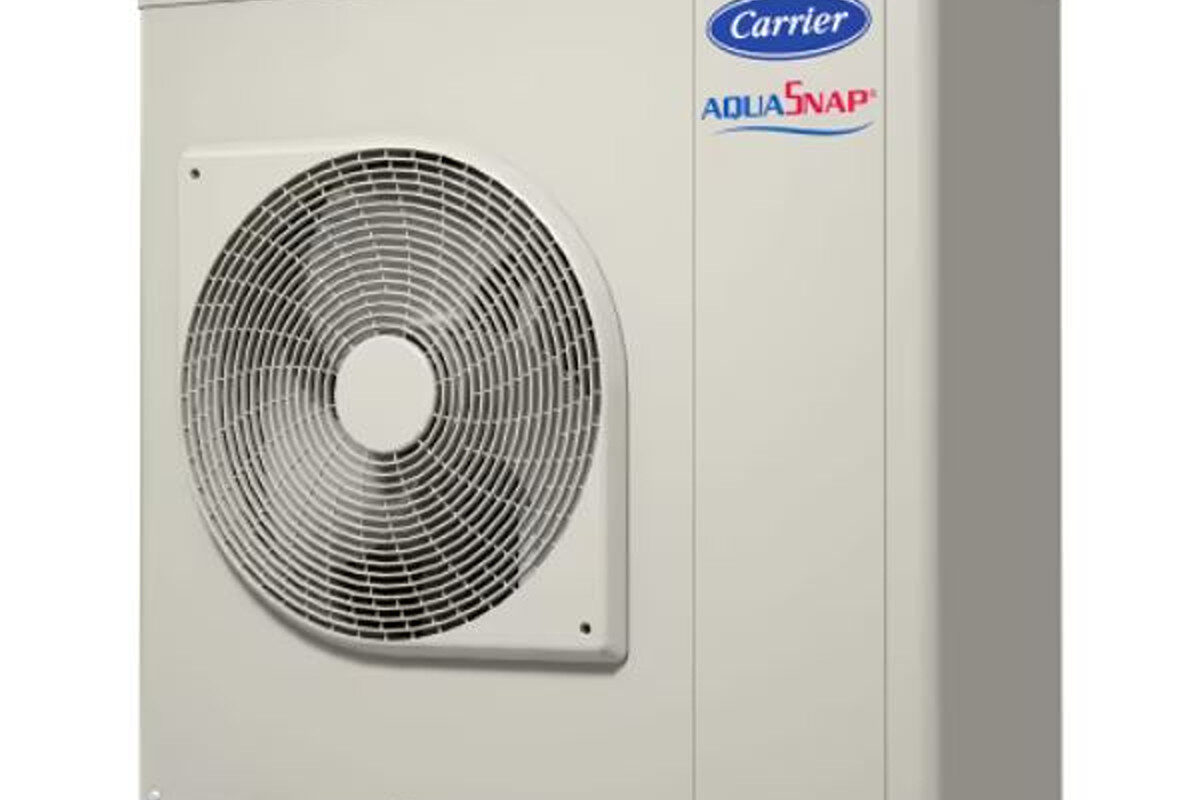Kenyan water utility Nyahururu Water and Sanitation Company (Nyahuwasco) has kicked-off a tender for the construction of a solar power plant at one of its water treatment facilities.
The company operates in the Laikipia West sub-county of Laikipia County, in central Kenya, and is fully owned by the County Government of Laikipia.
The selected developers will be responsible for financing, designing, and constructing the solar plant, as well as for the entire permitting process. The deadline to express interest in the project is February 23.
According to a recent study by researchers at Mohammed V University in Rabat, Morocco, reverse osmosis for water treatment can be maximized at lower energy consumption by powering it with solar PV. In this paper, the scientists showed that the combination of reverse osmosis with PV power generation can help to improve the rejection of chlorophenols in the water treatment process. Chlorophenols are toxic, colorless, and weakly acidic organic compounds that are ubiquitous contaminants in the environment.
Another study from the University of California, Berkeley, has illustrated the potential advantages and challenges of using PV to power electrochemical water treatment. These researchers analyzed how the use of solar power could increase the competitiveness of electrochemical approaches such as electrocoagulation (EC), capacitive deionization (CDI), electrodialysis (ED) and electrodeionization (EDI). The four methods examined, according to the scientists, are not as capital-intensive as traditional large scale water treatment centers while also being modular, portable and energy efficient. The use of solar could also make smaller electrochemical facilities suitable for desalination of brackish water in remote regions.
This content is protected by copyright and may not be reused. If you want to cooperate with us and would like to reuse some of our content, please contact: editors@pv-magazine.com.




2 comments
By submitting this form you agree to pv magazine using your data for the purposes of publishing your comment.
Your personal data will only be disclosed or otherwise transmitted to third parties for the purposes of spam filtering or if this is necessary for technical maintenance of the website. Any other transfer to third parties will not take place unless this is justified on the basis of applicable data protection regulations or if pv magazine is legally obliged to do so.
You may revoke this consent at any time with effect for the future, in which case your personal data will be deleted immediately. Otherwise, your data will be deleted if pv magazine has processed your request or the purpose of data storage is fulfilled.
Further information on data privacy can be found in our Data Protection Policy.